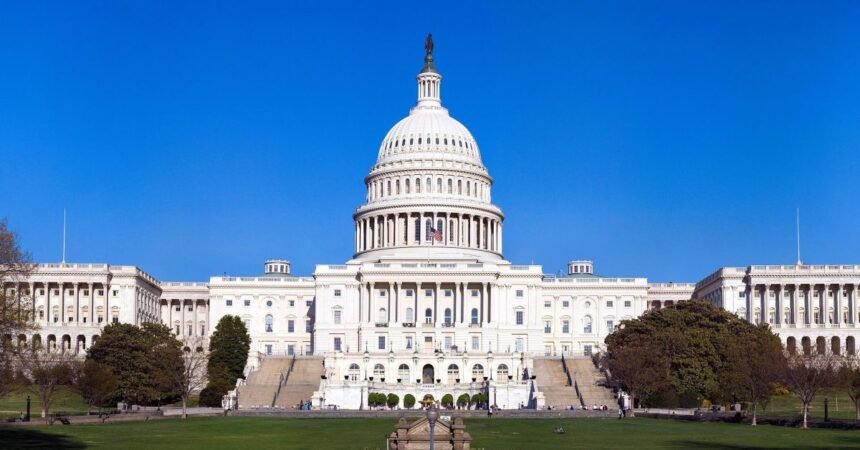Senate republicans have passed their version of the republican tax bill that was previously approved by the House. The bill, unfortunately, retains most of the unfavorable aspects of the House bill, including the elimination of tax credits aimed at assisting working families in becoming more energy efficient, improving US air quality, and boosting US manufacturing. Instead of supporting these crucial initiatives, the bill redirects the funds to benefit wealthy elites, resulting in a significant increase in the deficit by trillions of dollars.
One of the key components of the bill is the removal of energy efficiency credits and credits that have been instrumental in promoting green manufacturing growth in the US. These credits were established under President Biden’s Inflation Reduction Act, which generated hundreds of billions of dollars through tax enforcement on wealthy individuals and corporations. The funds were then channeled into energy efficiency credits for American families, enabling them to save thousands of dollars on upgrades to reduce their energy costs.
Furthermore, these credits have played a vital role in stimulating American manufacturing, particularly through provisions such as the $7,500 EV tax credit, which incentivizes the production of electric vehicles in North America. The IRA has led to a significant expansion of American manufacturing, attracting billions of dollars in investment and creating hundreds of thousands of jobs.
However, the republican tax plan seeks to repeal these beneficial credits established under the IRA, undermining the progress made in boosting US manufacturing and job creation. The Senate bill largely mirrors the job-killing provisions of the House bill, eliminating consumer and business tax credits that have been instrumental in driving investment in US manufacturing.
The repercussions of eliminating these credits are dire, with estimates suggesting that it could result in the loss of 2 million jobs, particularly in states where Senators have supported the bill. Despite opposition from every Democrat and a few Republican Senators, the bill narrowly passed in the Senate, further exacerbating the detrimental impact it may have on American families and businesses.
In addition to the job-killing measures, the Senate bill also accelerates the elimination of the consumer EV credit, making electric vehicles more expensive for consumers and hindering the growth of the EV market. This comes at a time when the global automotive industry is rapidly transitioning to electrification, with China leading the way in EV manufacturing and sales.
China’s dominance in the EV market poses a significant threat to the US auto industry, and the Senate bill’s provisions only serve to weaken America’s position in the global automotive landscape. By prioritizing the interests of the fossil fuel industry over American manufacturing and innovation, the bill risks ceding ground to geopolitical rivals and hindering the country’s economic competitiveness.
As the bill moves back to the House for further consideration, concerned citizens are encouraged to reach out to their Congressperson and voice their opposition to the job-killing, deficit-increasing provisions of the bill. It is crucial to advocate for policies that support American manufacturing, job creation, and environmental sustainability, rather than catering to the interests of wealthy elites and special interest groups.
In conclusion, the Senate tax bill represents a step backward for American progress and innovation, highlighting the need for policies that prioritize the well-being of American families, businesses, and the environment. It is imperative to oppose measures that undermine the country’s economic competitiveness and hinder efforts to transition to a cleaner, more sustainable future.







